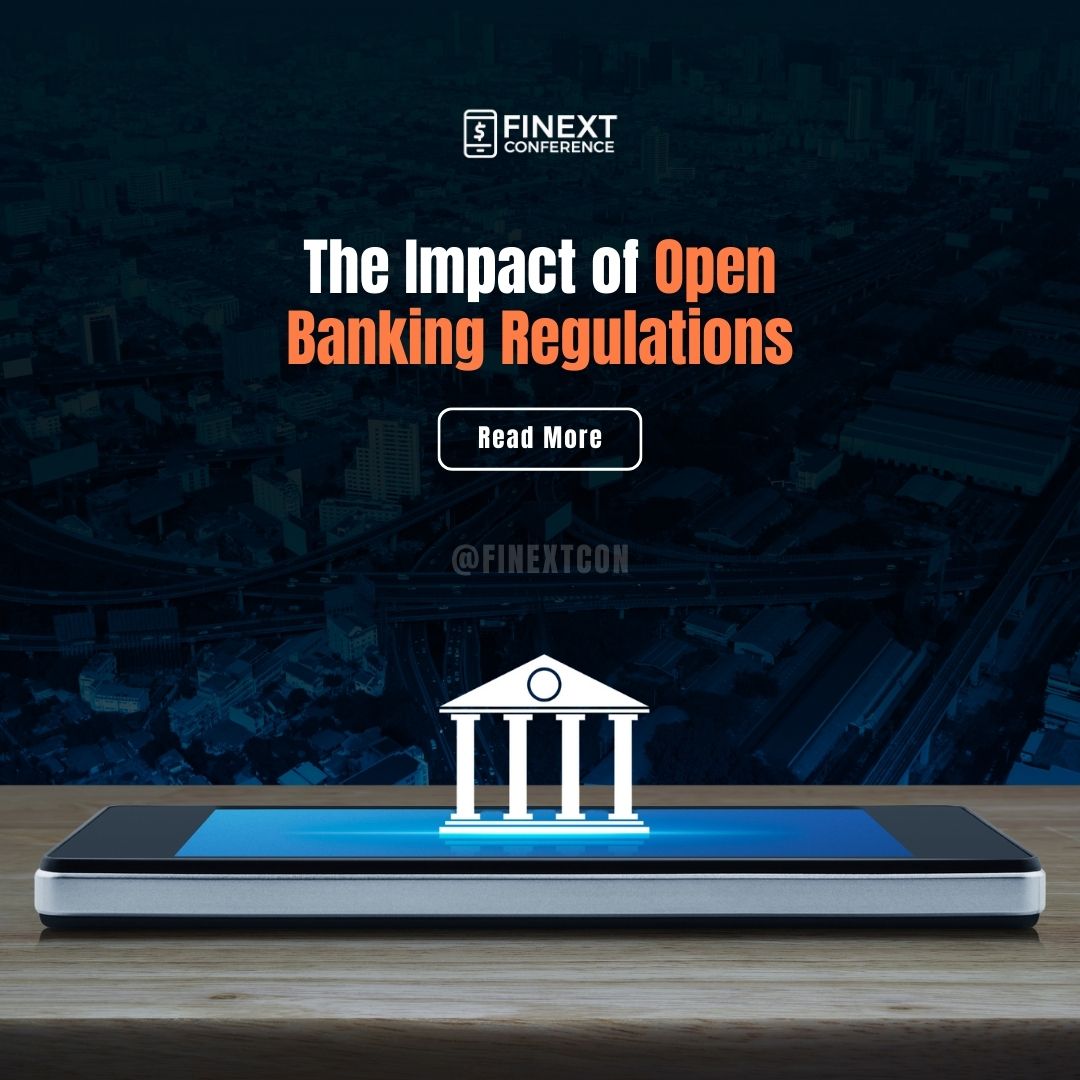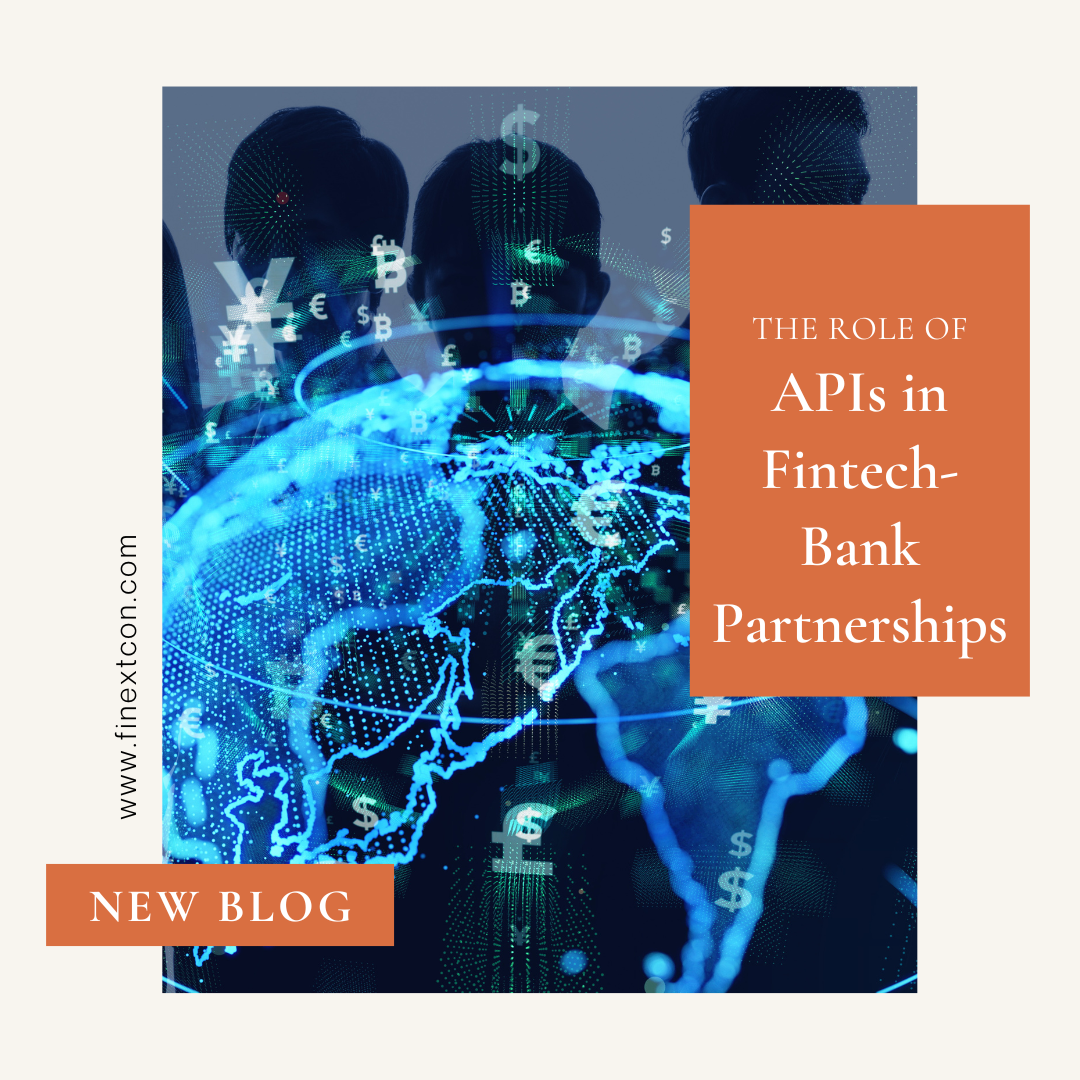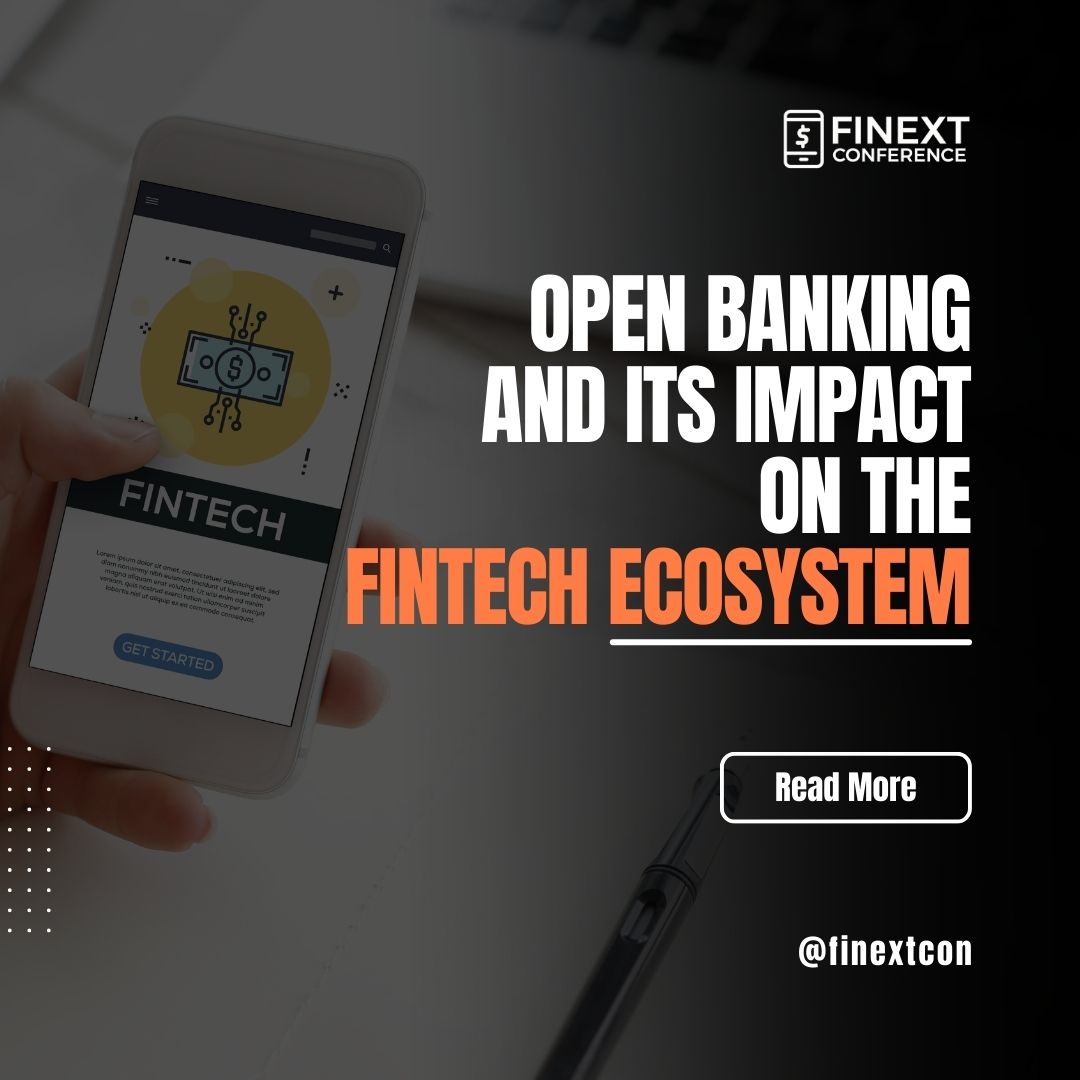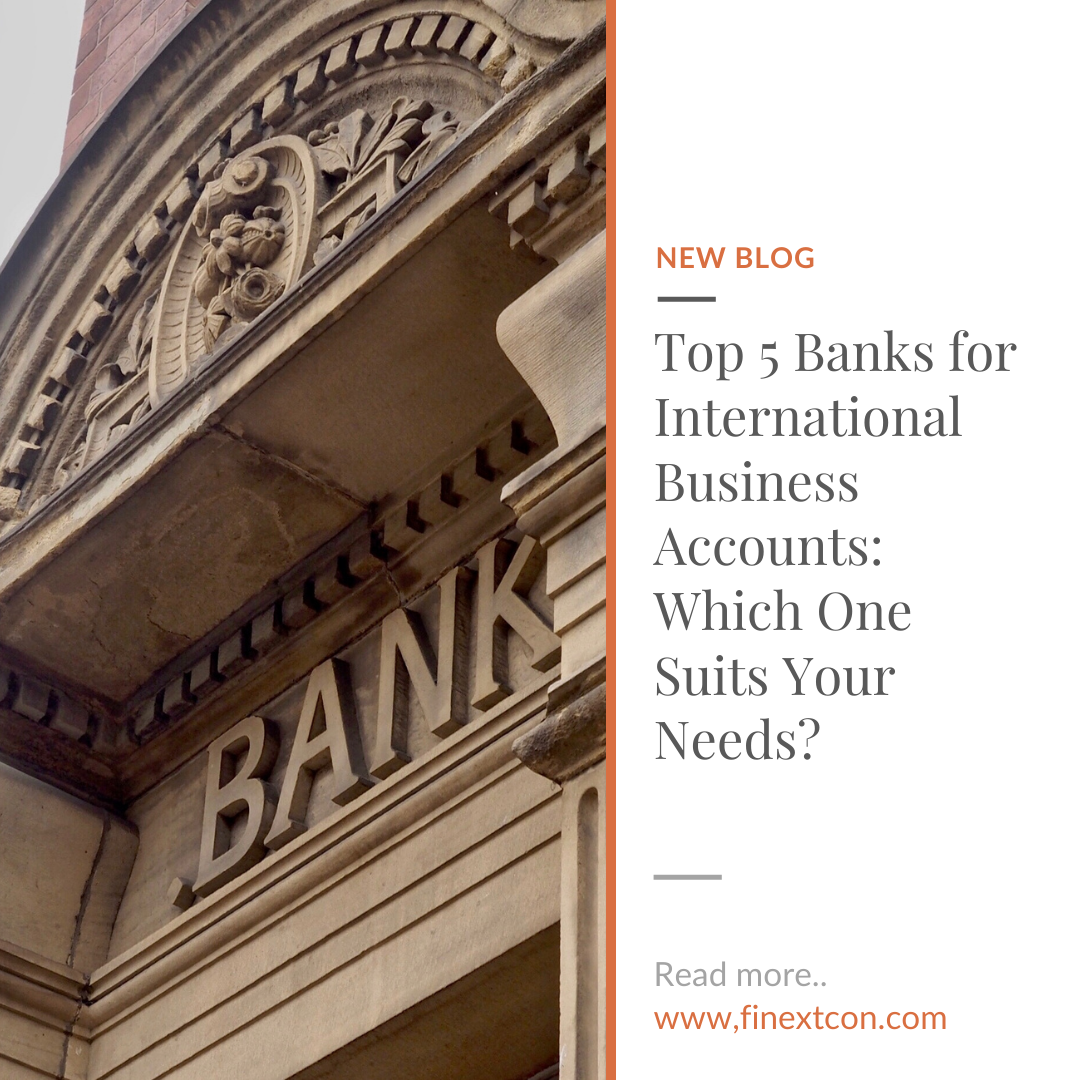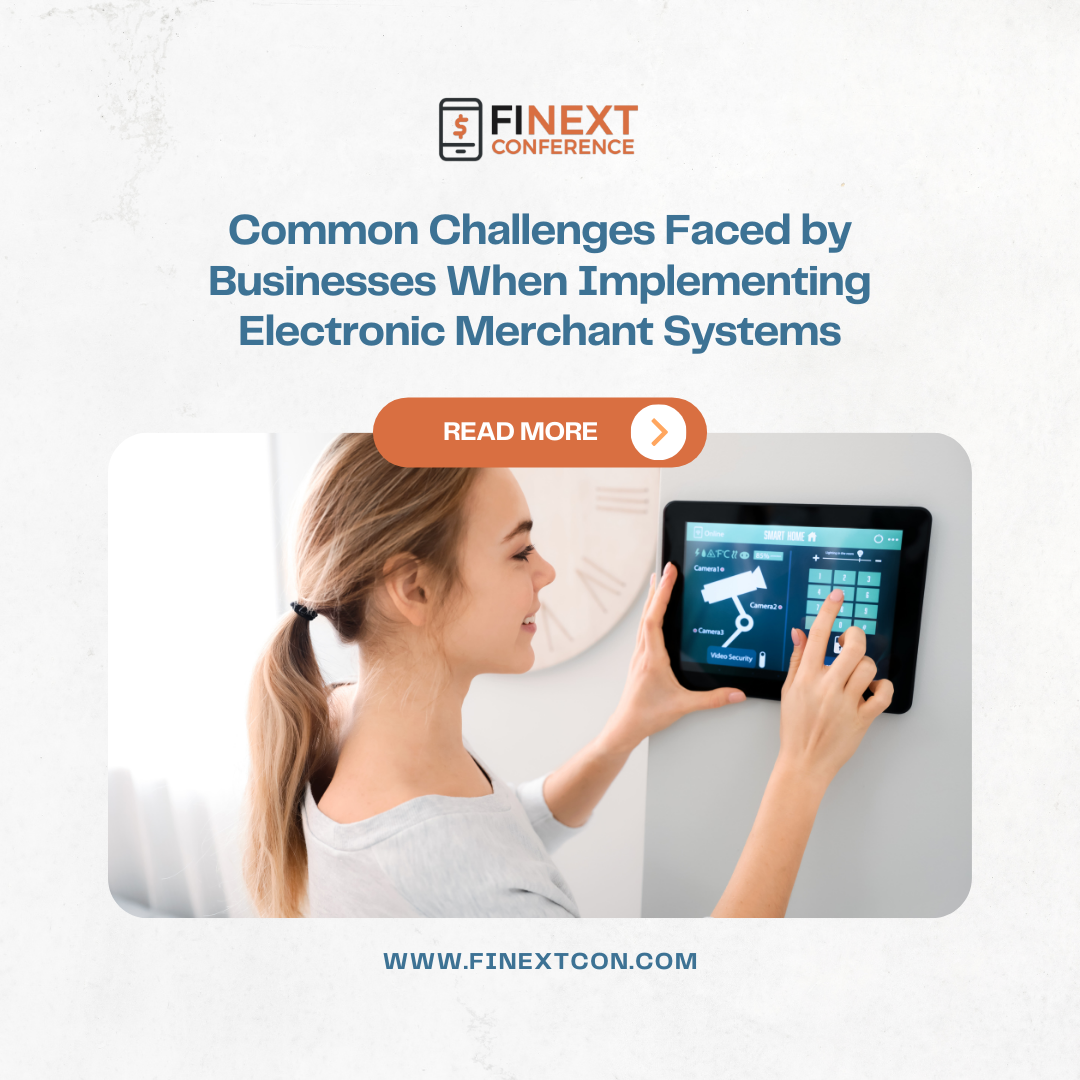FiNext Conference 2025 is proud to announce that Mr. Fahad Alzomea, a seasoned expert in financial planning, corporate treasury, and fintech, will be joining as a keynote speaker. With over 22 years of experience across various industries, including banking, insurance, telecom, retail, and fintech, Mr. Alzomea brings a wealth of knowledge and insights to the global financial community. About Mr. Fahad Alzomea Mr. Alzomea’s extensive background spans financial planning and analysis, corporate treasury, accounting, group reporting, compliance, governance, investor relations, and ERP implementation. He has successfully navigated the financial landscape in multiple industries, making him a valuable resource for attendees looking to gain actionable insights into the evolving world of finance. He holds a B.A. in Economics and Business Administration with a major in accounting from King Saud University and a master’s degree in accounting from the University of Illinois at Urbana-Champaign (UIUC). In addition, he is a certified public accountant (CPA) from the American Institute of CPAs (AICPA) in the U.S., further solidifying his expertise in global financial practices. Neoleap: Shaping the Future of Payments Mr. Alzomea currently serves at Neoleap, a cutting-edge financial technology company licensed by the Saudi Central Bank. Neoleap is at the forefront of shaping the future of payments in Saudi Arabia and beyond, providing innovative solutions that align with the Kingdom’s Vision 2030 of creating a digital economy. Under Neoleap’s umbrella are various digital solutions such as digital wallets, point-of-sale systems, e-commerce platforms, and payment gateways. The company’s mission is to empower individuals and businesses by delivering secure, seamless, and innovative payment experiences through technological leadership and operational excellence. What to Expect at FiNext Conference 2025 At FiNext Conference 2025, Mr. Alzomea will share his insights on the dynamic role of fintech in shaping the future of payments. His session will delve into how companies like Neoleap are revolutionizing the financial landscape in Saudi Arabia, providing solutions that not only meet the demands of today but are also designed to drive the digital economy of the future. His discussion is particularly relevant as businesses and governments worldwide focus on creating more secure, efficient, and innovative payment solutions. Whether you are a fintech entrepreneur, a corporate finance executive, or a banking professional, Mr. Alzomea’s insights will provide invaluable guidance on navigating the challenges and opportunities in this fast-evolving space. Don’t miss the opportunity to hear from one of the leading voices in financial planning and fintech innovation. Join us at FiNext Conference 2025 for a session that promises to be both informative and inspiring.
Tag: Banking Conference in Uae
The Impact of Open Banking Regulations
The Impact of Open Banking Regulations
The Role of APIs in Fintech-Bank Partnerships
The Role of APIs in Fintech-Bank Partnerships
Open Banking and Its Impact on the Fintech Ecosystem
Open Banking and Its Impact on the Fintech Ecosystem
Top 5 Banks for International Business Accounts: Which One Suits Your Needs?
Top 5 Banks for International Business Accounts: Which One Suits Your Needs?
Common Challenges Faced by Businesses When Implementing Electronic Merchant Systems
In today’s fast-paced, technology-driven world, the implementation of electronic merchant systems (EMS) has become crucial for businesses of all sizes. These systems streamline payment processes, enhance customer experiences, and improve overall operational efficiency. However, despite their numerous advantages, businesses often face several challenges during the implementation of electronic merchant systems. Understanding these challenges is the first step towards mitigating them effectively. 1. Integration with Existing Systems Integrating an electronic merchant system with existing business infrastructure can be a complex task. Many businesses operate with legacy systems that might not be compatible with modern EMS. This incompatibility can lead to disruptions in business operations and data inconsistencies. To overcome this, businesses need to invest in comprehensive integration solutions that ensure seamless connectivity between old and new systems. 2. Data Security and Compliance Data security is a paramount concern for businesses implementing electronic merchant systems. With increasing incidents of cyberattacks and data breaches, ensuring the security of sensitive customer information is critical. Compliance with regulations such as the Payment Card Industry Data Security Standard (PCI DSS) adds another layer of complexity. Businesses must adopt robust security measures, including encryption, secure authentication, and regular security audits, to protect against data breaches and comply with regulatory requirements. 3. User Training and Adaptation The successful implementation of an EMS requires that all users, including employees and customers, are adequately trained. Employees need to understand how to use the system efficiently, and customers need to feel comfortable using it. Resistance to change and a lack of proper training can lead to underutilization of the system and operational inefficiencies. Comprehensive training programs and user-friendly interfaces can help overcome these challenges. 4. Cost Considerations Implementing an electronic merchant system involves significant upfront and ongoing costs. These include the costs of purchasing the system, integration, training, and maintenance. Small businesses, in particular, might find these expenses burdensome. To address this challenge, businesses should conduct a thorough cost-benefit analysis to ensure that the long-term benefits of the system justify the initial investment. Additionally, exploring flexible pricing models and financing options can help manage costs effectively. 5. Technical Support and Maintenance Once an EMS is implemented, ongoing technical support and maintenance are essential to ensure its smooth operation. Businesses might face challenges in accessing timely support, especially if the system is complex or the vendor is unresponsive. Partnering with a reliable vendor that offers robust support and maintenance services can mitigate these issues. Additionally, having an in-house technical team trained to handle minor issues can reduce dependency on external support. 6. Scalability and Flexibility As businesses grow, their needs evolve. An electronic merchant system must be scalable and flexible enough to accommodate changing business requirements. Many businesses face challenges when their EMS cannot scale with their growth or adapt to new market trends. Choosing a system with scalable architecture and customizable features can help businesses stay agile and responsive to market changes. 7. Customer Experience The primary goal of implementing an EMS is to enhance the customer experience. However, if the… Continue Reading Common Challenges Faced by Businesses When Implementing Electronic Merchant Systems

